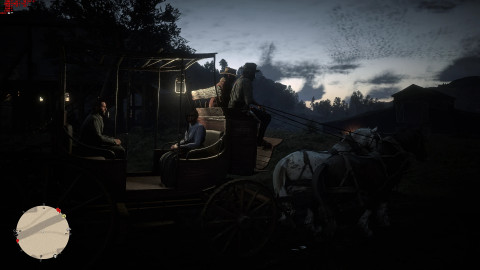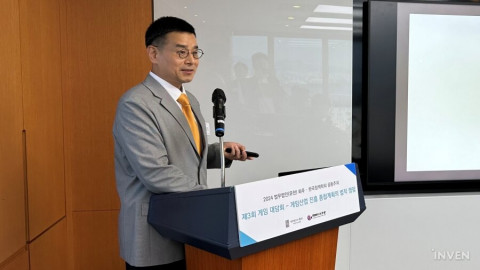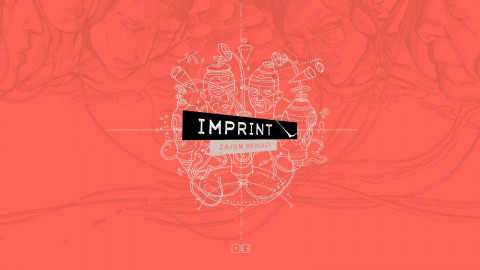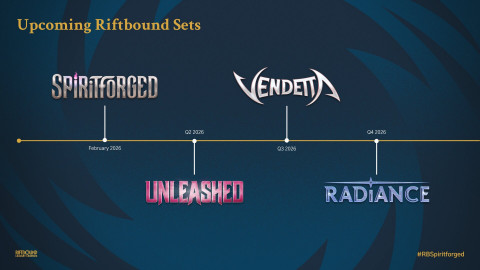
It was an unusually cold day for November.
"Hello, I’m Junsik 'Bang' Bae and I play ADC for SKT T1."
Although Bang looked a little tired, his voice was relaxed and lively.
"When I was a freshman in high school, one of my friends asked me to play League of Legends with him. I soon noticed that I was pretty good. After about five months, I was in Korea's top ten. Soon I received a tryout from a professional team, was accepted, and moved to Seoul at a young age."
A smile cracked open. "LoL was really fun back then." Like many other professional gamers, Bang had not started out with some grand competitive ambition; he just loved a game he was good at.
"I used to play LoL deep into the night after mandatory after school study sessions. It was very exhausting. To be honest, I went pro because I wanted to only play video games. I didn’t want to go to school. [laughs] That was the biggest reason."
"There weren’t many teams sponsored by big companies back then, so Korea Telecom's brand power helped quite a bit when I had to persuade my parents. To be fair, my parents were always pretty hands-off in terms of parenting. Even when I was very young, they kept their minds open and respected my decisions. So my going pro went smoothly - everything just fell into place."

"Looking back, I can’t say I grew much as a player at KT because my time there was too short. I had my first McDonald’s there, though. My rural hometown of Hongcheon didn't have one." Bang smiled.
"At Najin, I learned a lot about basic etiquette and professionalism. I once brought cup noodles to my computer in the practice room. Reach, who was Najin's head coach back then, was furious. At first, I didn’t understand what I had done wrong - I thought it was smart to save time since I was waiting for the queue to pop. Reach made me realize that a practice room should be an office."
Both Xenics and SKT T1 S were similar, Bang said. "Spending time with folks from all walks of life was a great learning experience for me, especially since my older teammates were always good to me despite my being a childish brat. We messed around a lot and had so much fun together."
"I had zero stress about winning back then. I just loved every minute of everything. I didn’t play so well, granted, but it was my happiest times as a pro player. I’m pretty happy right now too, of course, but it can’t compare to back then." Bang's voice had turned rather wistful.
"It all changed when K and S merged. It was my first time working with kkOma, and he made me realize I’d been approaching the game entirely wrong. It was a real wake-up call."

"Under kkOma's new practice routine, honest feedback, and effective conflict mediation, I saw myself improving daily. I started wanting to prove my naysayers wrong. It was pressure, but also a reason to push myself harder. kkOma helped me believe in myself. He assured me I would become an amazing player if I tied up a few loose ends." Bang's jovial expression started to harden.
"In 2015, everyone thought we’d win everything, and we too were pretty confident of our chances. But our confidence soon led to an OCD of sorts. Losing became unacceptable. It wasn't about the fans or the critics, but internal evaluation. How we thought things should be."
"Stress levels were absurdly high in scrims, especially when we lost to a team we thought we should beat. We generally won 80 out of 100 games, but even then those 20 losses killed us. I think we lost a total of 6 matches all year long, but I was never once free of shame and pressure. The fans' high expectations only added to the burden."
"My first emotion after winning Worlds was relief: 'Thank god we won.' The fact that one mistake could cost us a game weighed on me so heavily. Yes, everyone makes mistakes, but I was unable to forgive my own. So I worked all year long to play as perfectly as possible."

"SKT prepares for matches by practicing at maximum intensity - endless work, endless feedback, endless pressure. A lot of anger and frustration is pent up. We hold onto that until we get to go on stage, then release it all by performing well. To me, tournaments are less stressful than scrims."
"We sincerely believe that we put in more work than anyone and thus are supposed to win against everyone. On the surface it might seem as if we're dominating with ease, but we work our asses off for each win we take. It was the same at MSI, it was the same at Worlds. We kept losing scrims to foreign teams at first. Everyone was deeply troubled and the atmosphere turned brutal. But we were determined to turn it around no matter what."
SKT's consistency makes it easy for fans to become oblivious to the team's dedication. Perhaps we all were taking SKT for granted. The serenity of a swan comes from its frantic footwork beneath.
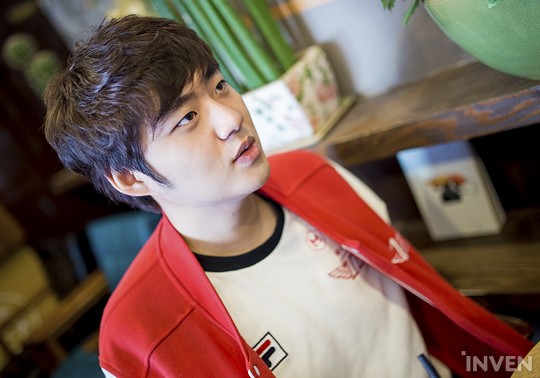
"Motivation had never been a problem for me," Bang recounted. At first, the game was fun; when that got old, the joys of self-improvement and tournament victory filled the void. But 2016 was different. "I started to feel as if there was a big hole in my heart."
"I began to think: 'I won everything there is to win, but I still have to do the exact same thing all over again. I'm back to square one. Nothing really changed, except for even more pressure.' Some may say it's a first world problem, but for me, the burnout was real. I started to receive counselling."
Pain seeped into Bang's voice. "There were even rumors we were not taking the game seriously. People who didn't know anything about my struggles were ragging on me with so much intensity. I started to really wonder what was the point in working this hard if only my teammates and friends would ever understand. I was trying this hard to be the best player I can be - why would those comments, those lies, not go away?" His frustration became almost palpable.
Are things still that rough? I asked.
"Thankfully, sports counselling has been a great help. I learned the power of optimism and tried to apply it in real life. Instead of being getting sick of practice and criticism, I try to channel them into something positive. I'll have a solid state of mind to fall back on when the time comes for me to quit competitive gaming."
"Last year, I grew as a player. This year, I grew as a person."

Knowing how important a team's coaching staff is to its players' mental health, I asked Bang what roles Coach Junggyun "kkOma" Kim and Manager Byounghoon "L.i.E.S." Choi played for SKT T1.
"They're the very core of our team. Without them we would never have achieved such great results. It doesn't matter how much talent you put on a roster - player's can't focus on the game and give it 100% forever without someone to hold your mind steady." Bang's tone was firm. "You're only as effective as your practice, and your practice is only as effective as your coach."
I began to wonder whether Bang would want to try his hand at coaching, but he took away my need to ask. "I no longer enjoy League of Legends the way I used to - as a source of pure entertainment - but it's still fun enough to play, and I'm still confident in my skill. If LoL doesn't go out of business, maybe I'll keep playing until I'm 30 or 40. No harm in trying, right?" Bang laughed.
"Although it's tough at times, I believe this is the best job for me. I don't think I'd be as happy doing anything else. I do think, however, that professional LoL's current schedule is too demanding."

To us, Bang is a world champion superstar ADC. But to himself, Bang was but Junsik Bae, a fun-loving 21-year old who felt he has perhaps sacrificed too much of his youth for competitive success. As we neared the end of our interview, he revealed a bit more of his lingering ambivalence.
"Sometimes I miss my daily life in Hongcheon. My friends were all like brothers to me. Now they're college students. They hang out with each other, make new friends, in the prime of their lives." Bang cracked a slightly rueful smile. "I'm 21 years old, too."
"I used to think perfect play was the be-all and end-all of being a professional gamer. Now I think slightly differently. I don't want to be some faceless machine. I want to play well as one, of course, but I also want to be a 21-year old boy." Bang's expression was both playful and pensive.
"It is a great honor to receive so much attention and love, but it would be great it if fans could treat me more like a close friend, not some noble otherworldly being or a pop idol," he smiled.
We left the cafe, and I bade Junsik farewell.
Interview conducted by Inven Ccomet
Sort by:
Comments :0





